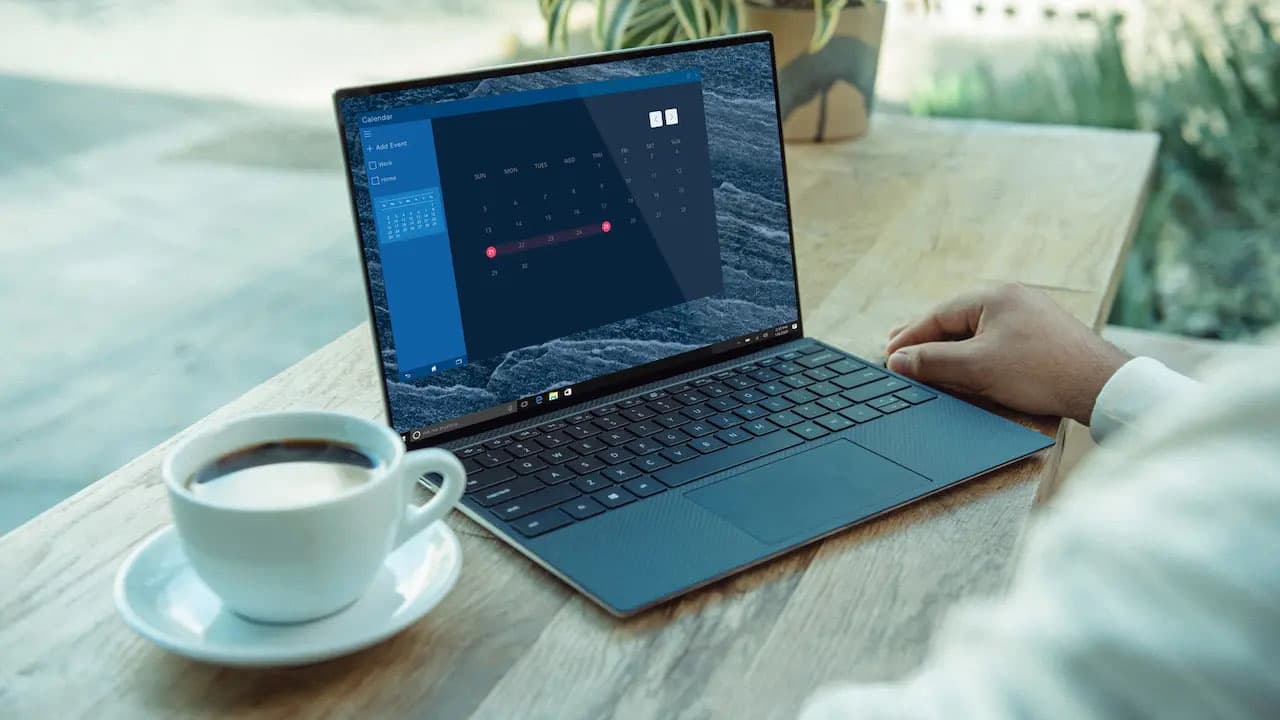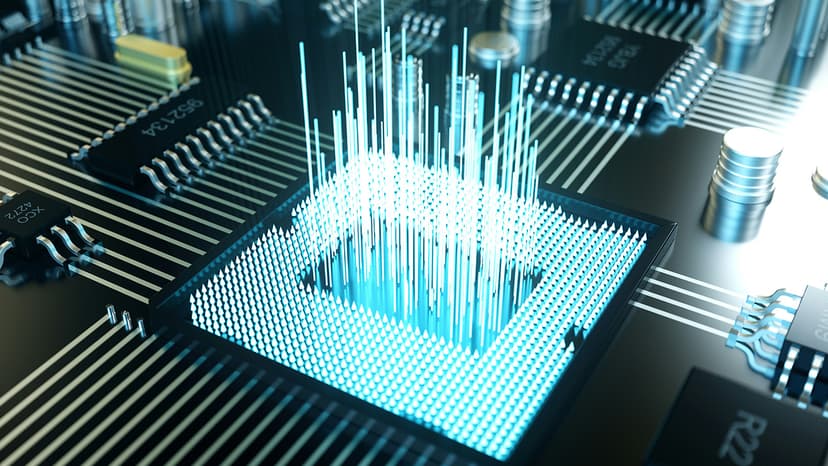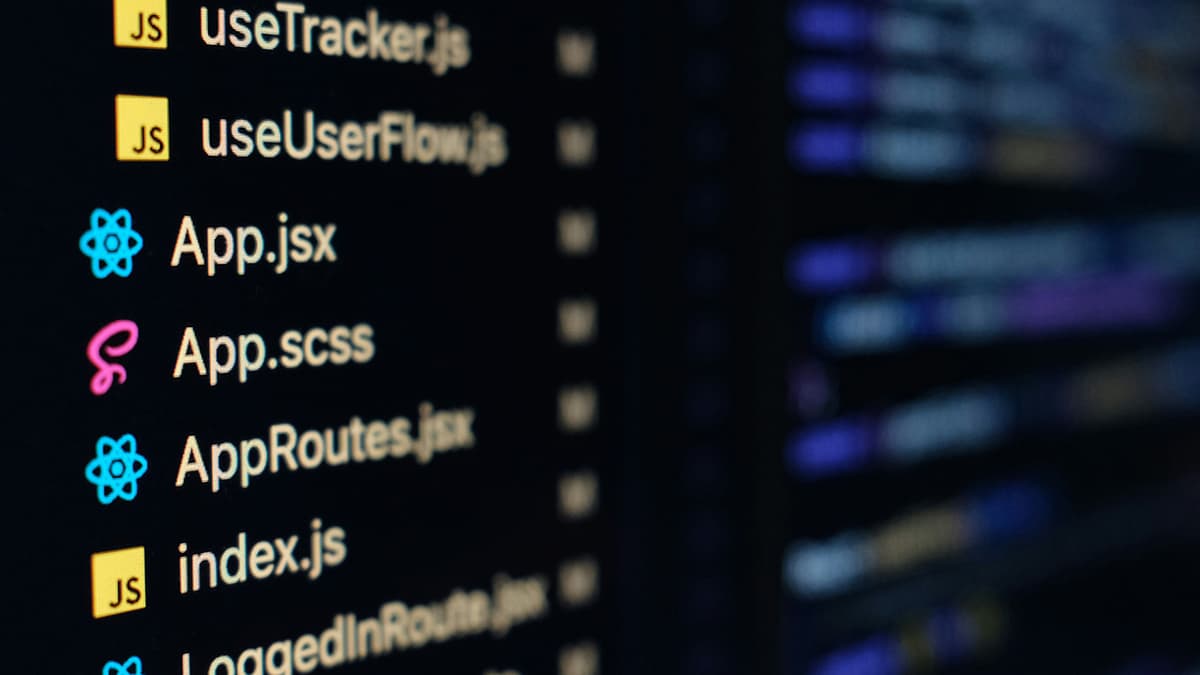How Computer Labs Work and What Research CS Major Students Conduct
Computer labs are essential spaces for computer science (CS) students. They are equipped with advanced computers featuring powerful processors, ample RAM, and expansive storage. The software in these labs caters to the diverse needs of students. These labs provide a quiet environment, designed for concentration, with ergonomic chairs and spacious desks. Lighting is soft yet adequate, reducing eye strain during long coding sessions. Each computer serves as a hub for exploration and learning, loaded with programming tools, simulation software, and other essential applications. Large monitors and dual-screen setups help students manage multiple tasks efficiently.
A lab manager or IT support team ensures that equipment functions smoothly. They maintain hardware, install software updates, and assist with technical difficulties, minimizing downtime and maximizing productivity.
Types of Research Conducted
Artificial Intelligence and Machine Learning
What are students exploring in AI and Machine Learning? Students often work on projects involving neural networks, natural language processing, and autonomous systems. They develop algorithms that enable machines to learn from data and make decisions. In labs, students train models on large datasets using powerful GPUs, fine-tune hyperparameters, and validate model performance.
Cybersecurity
Why is cybersecurity research crucial? With increasing cyber threats, students study encryption techniques, intrusion detection systems, and ethical hacking. They conduct experiments to thwart attacks, secure networks, and build defenses against malware. Labs may have isolated networks for testing and virtual environments to safely simulate cyber-attacks and defenses.
Software Development
What do software development projects entail? Students engage in writing code, debugging, and testing software applications. They often collaborate, dividing tasks and adhering to coding standards. Development environments in labs are equipped with integrated development environments (IDEs), debugging tools, and extensive libraries to support various programming languages and methodologies.
Data Science
How do students approach data science? From analyzing large datasets to creating visualization models, CS students work with databases and statistical tools. They study patterns in data to make predictions and uncover insights. Labs often feature powerful servers or cloud resources for intensive computations, with high-resolution displays for visualizing data findings.
Human-Computer Interaction (HCI)
What aspects of HCI do students investigate? HCI focuses on how people interact with computers. Students design user interfaces and test them for usability. They conduct experiments to understand human behavior and preferences. Labs are equipped with eye-tracking devices, motion sensors, and usability testing software to gather detailed data on user interactions.
Networking
What is the focus of networking research? Networking research involves studying data transmission across the globe. CS majors might work on improving network protocols or optimizing cloud service performance. Labs are equipped with routers, switches, and networking hardware, along with simulation software that allows students to model and test network configurations and protocols.
The Role of Professors and Mentors
What roles do professors and mentors play in computer labs? Professors and mentors guide students through research projects. They offer valuable insights and may collaborate on publishable papers. Their experience helps students avoid common pitfalls while promoting innovative thinking.
Professors organize seminars and workshops, providing students with opportunities to learn from industry experts. These educational sessions include hands-on activities and real-world problem-solving.
Collaboration and Peer Learning
Why is collaboration important in computer labs? Students often work in teams, sharing ideas and solving problems together. This teamwork prepares them for real-world scenarios where collaboration is vital. Peer learning is also common, as students assist each other with challenging concepts and coding issues. Lab spaces typically include collaborative areas, like round tables and whiteboards, to facilitate discussions and brainstorming.
The Importance of Real-World Applications
Why are real-world applications significant in computer science? CS students often work on projects with practical implications. They might develop apps to help people with disabilities or create algorithms for medical diagnostics. Such projects often involve collaboration with external organizations, offering insights into the societal impact of their work.
Many computer labs also collaborate with industry partners, providing students with internships and co-op opportunities. These experiences give students hands-on knowledge of their potential future careers. Labs often host hackathons and coding competitions, motivating students to apply their skills in high-pressure, real-world scenarios.
The Future of Computer Labs
What does the future hold for computer labs? As technology evolves, so will computer labs. Emerging fields like quantum computing, blockchain, and augmented reality are creating new research opportunities. Educational institutions are incorporating these technologies into their labs, providing students access to the latest tools.
Interdisciplinary research will likely become more common, allowing CS students to collaborate with peers from fields like biology or social sciences. This may lead to innovative solutions for complex global challenges. Future labs might prioritize remote and virtual collaborations, utilizing advancements in virtual reality and telepresence to connect students and researchers worldwide.












